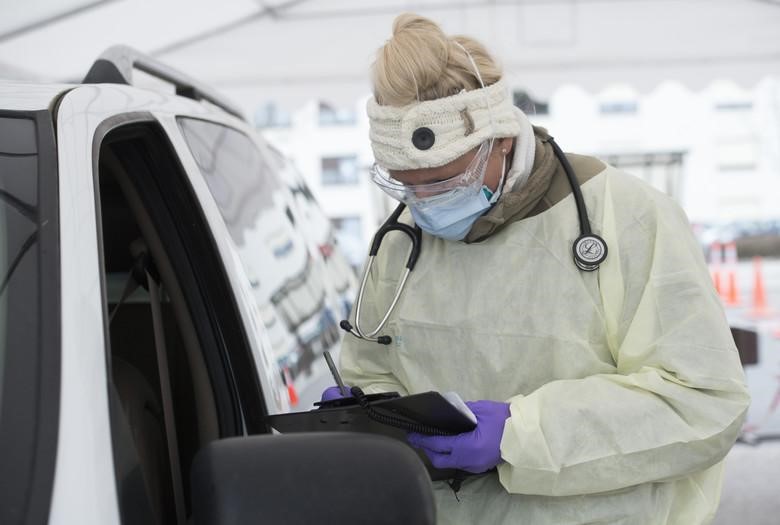The successful German response to coronavirus

We’ve spoken about countries that have mishandled the coronavirus crisis. We’ve also discussed Far East countries such as Taiwan and South Korea that have effectively fought the pandemic.
However, not much ink has been spilled discussing one of the most successful examples in the West: Germany.
The country has successfully battled the virus with a regional, depoliticized approach that has sought significant agreements between the public and private sector.
Likewise, German authorities started testing and tracking early and in a big way.
That is the main reason why Germany has almost 165,000 confirmed cases yet only 6,500 deaths.
What does this mean?
That they’ve done widespread testing and positively identified asymptomatic cases, which has helped them to isolate potential spreaders quickly. Germany has tested more than two million people, which is one of the largest rates in Europe and is pushing to take it to 4.5 million per week.
The German stats translate to around 80 deaths per million inhabitants. In comparison, Italy has a 463 per million death rate, and the US has a rate of 191 per million.
The worst part has passed. In early April, daily new cases reached a peak of 6,000, which has lowered to around 1,400 per day.
Another advantage that Germany had is it had a much larger average of ICU beds per 100,000 inhabitants than most European countries. The number is 34 per 100,000, which is double than France, and triple than the UK.
That is good news. But as countries start to breathe after the worst seems to have passed, the concern has shifted: the economy.
The Germans took a mixed approach. They established a five-week lockdown of schools and stores (with exceptions) but didn’t stop factories and even some offices. Like the US, Germany is a federal country, which means regional authorities have the power to lift lockdowns. Instead of creating a political war, the federal and regional governments have worked together to reduce the economic impact of the crisis.
One good example is Baden-Württemberg, a southern state which is home of Daimler and Porsche and many other manufacturing companies, which are vital for the regional and national economy.
When the crisis began, the regional government established more than 150 special clinics for treating coronavirus cases, which would prevent the virus from getting into the main hospital system. The state boosted its number of officials that would trace the contact of each infected individuals by six and established alliances with private companies such as Porsche to help the government buy masks and protective equipment in China for healthcare professionals and the general public.
They started widespread testing of risk groups such as elderly and people with cardiac issues and treated infected people before they started showing serious symptoms.
The result? A quick drop in hospitalizations and a quick regularization of the economy as the state never forbade factories to work.
The German example shows three main things: first, social distancing measures are not effective if they are not joined by widespread testing. Second, the key to fight coronavirus is to keep politics aside and have a coordinated response. Third, it’s not about having a public or private healthcare system. It’s about having a well-prepared system.